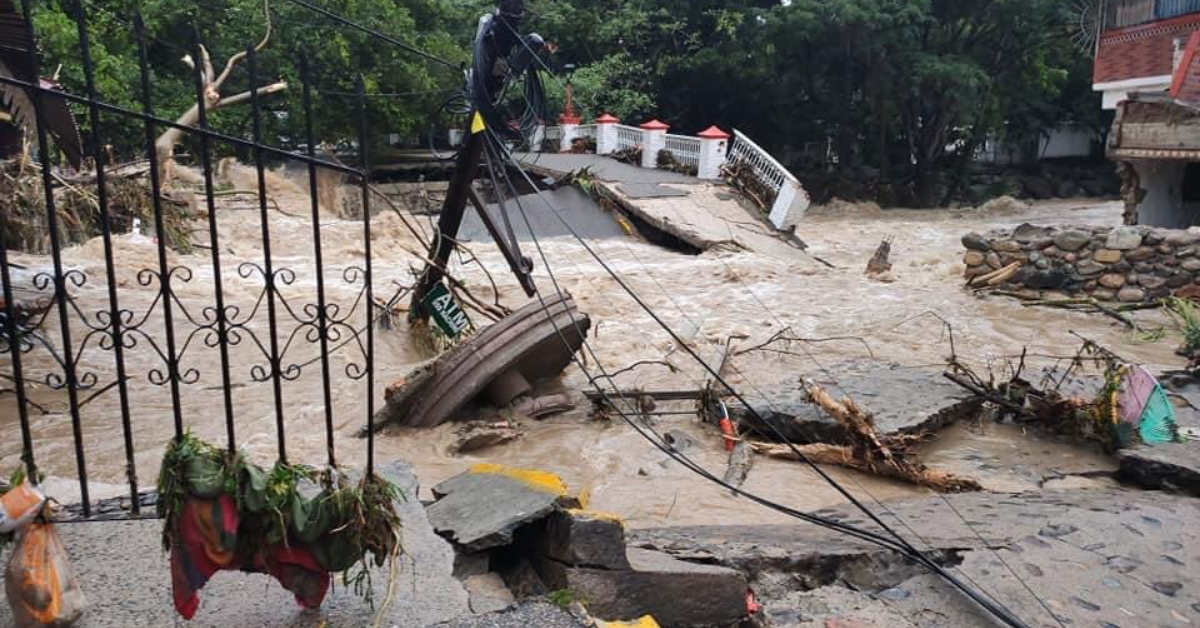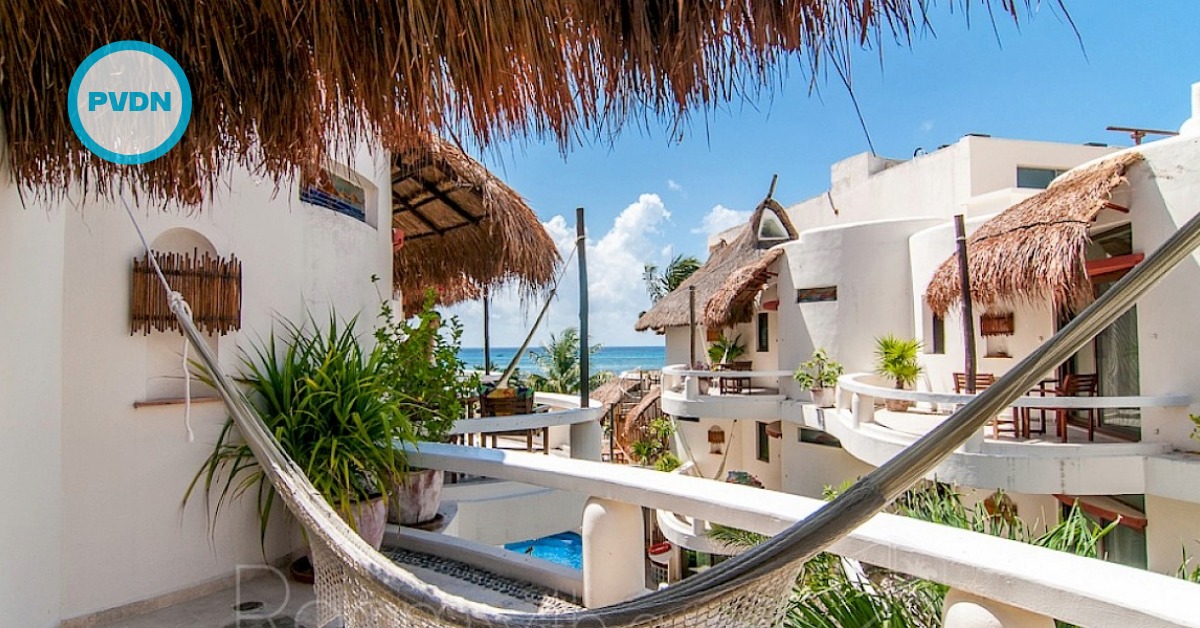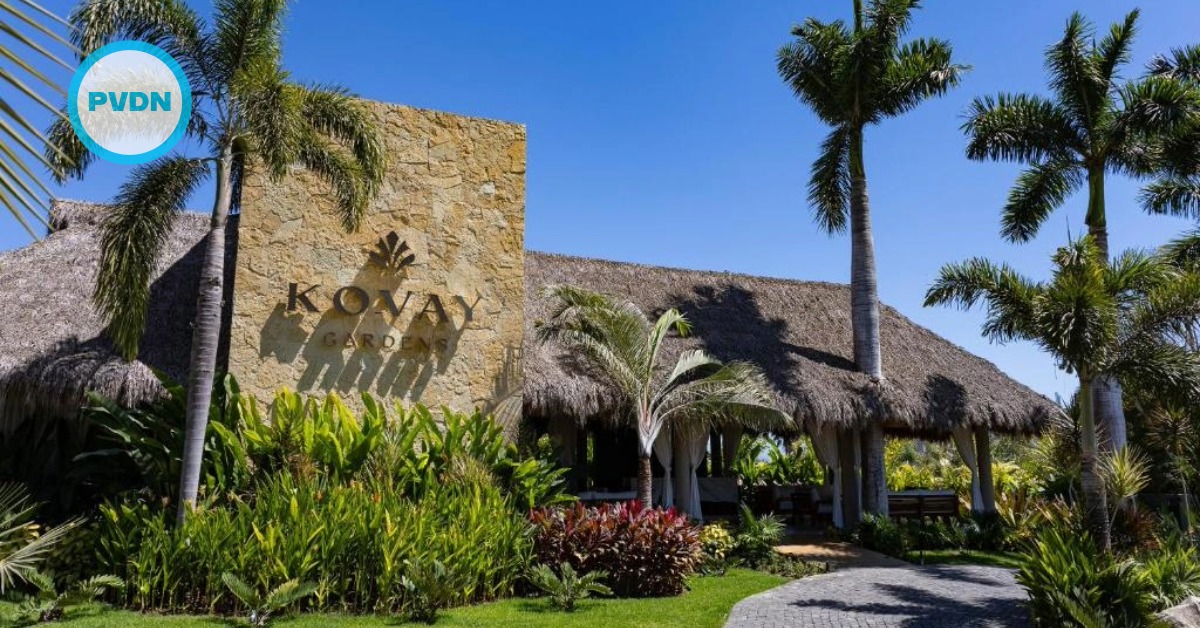Puerto Vallarta, Mexico – As tropical cyclone season intensifies, government agencies at local, state, and federal levels are ramping up prevention and information campaigns. However, the absence of fresh, adaptable policies to counter worsening climate-induced weather conditions leaves communities, particularly in Puerto Vallarta, increasingly vulnerable to disaster, says meteorologist Víctor Manuel Cornejo López. This year’s prevention strategy largely mirrors previous ones, despite the mounting evidence that traditional methods may no longer suffice.






